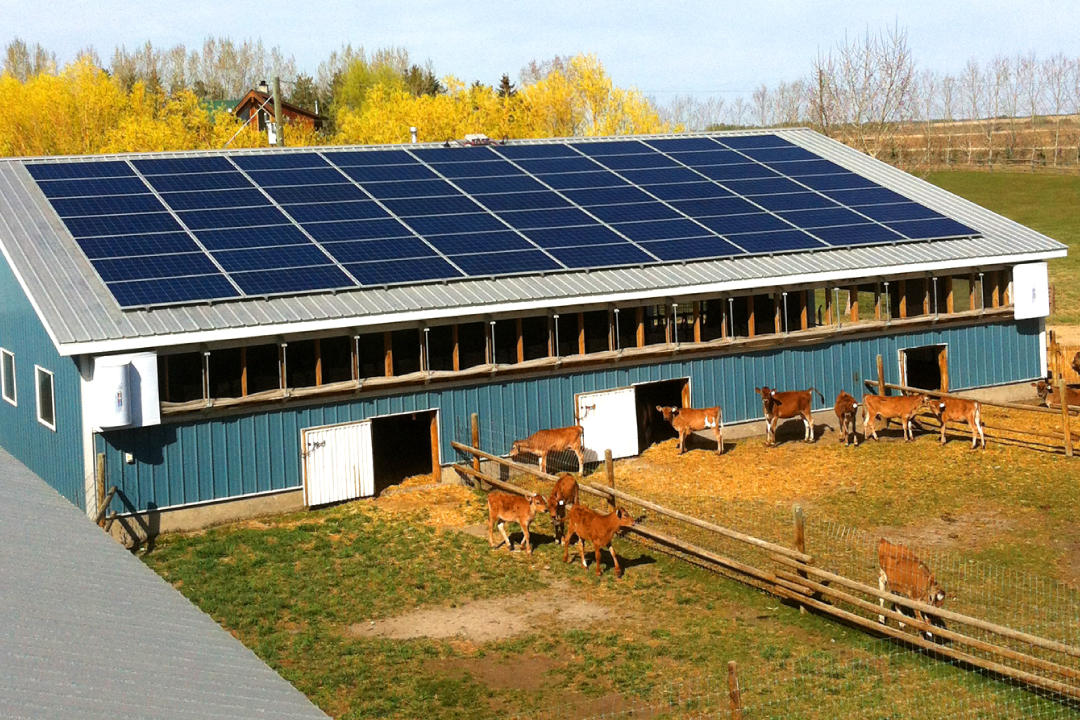“Solar energy isn’t a trend, it’s the future. One of the best things we can do is use it.”
—Mike Holmes, Canadian homebuilder and TV host
In the last decade, solar panel installations have gone up on many roofs around the world. Here in Ontario, the provincial government is encouraging residents to use solar and other forms of renewable energy to reduce their consumption of public electricity. Although Ontario plans to upgrade the public grid and add new power generation, the province considers self-generated power from solar to be a key way to meet future energy needs.
How do solar panels work?
Solar panels work by capturing photons from sunlight and converting them into direct current (DC) electricity. When there is more direct sunlight, more photons hit the solar panels and more electricity can be generated.
Solar panels generate DC power, but the appliances in our homes need alternating current (AC) power. DC power must be changed to AC power with an inverter.
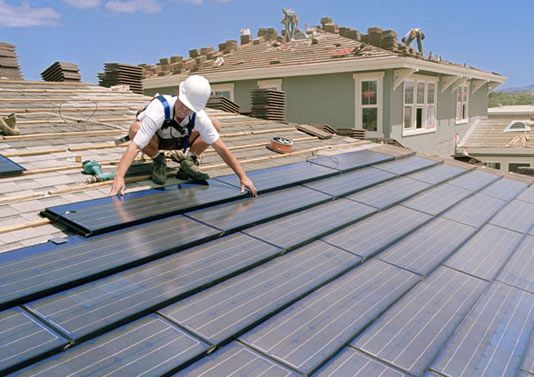
What are the initial costs of a solar panel system?
That depends on your roof orientation, how many panels will fit, and the best location to capture sunlight. Another consideration is whether to set up your system to feed into the electric grid or go “off-grid” by storing extra energy in large batteries. A solar installation company can help you think about all these factors.
For a typical 7,500 kW system, the average cost of a home solar power system in Canada is between $15,000 and $30,000. Rebates to offset the cost of installation are sometimes offered by the provincial government.
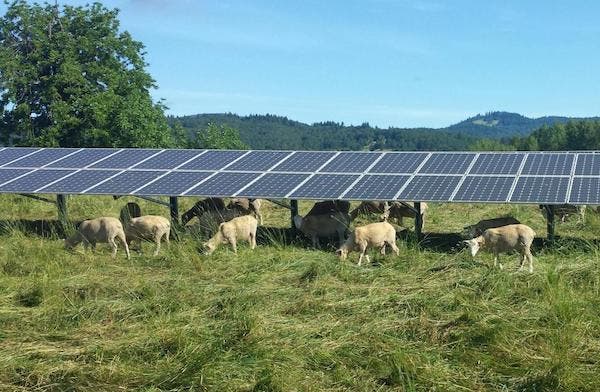
How can solar panels save me money?
In the recent past, Ontario offered to buy electricity generated by solar panels on private property. That program has ended but there are still financial incentives for installing solar power systems.
Currently, Ontario is running the Net Metering program. Power produced by solar panels is used in your home, but if there is extra energy, it’s exported to your electricity provider for a credit. You can use this credit your future power use for up to 12 months.
Because a solar panel system can produce anywhere from 20% to 100% of your home’s annual power needs, you may not need to pay anything for your hydro bill except the standard fee to remain connected to the grid (typically $30 to $40).
As electricity rates increase every so often, your solar electricity effectively gets cheaper.
A solar panel system generally gives you a 5-10% return on investment. Because solar panels last 30 years or more, this is a financial investment that is similar to taking out a long-term GIC.
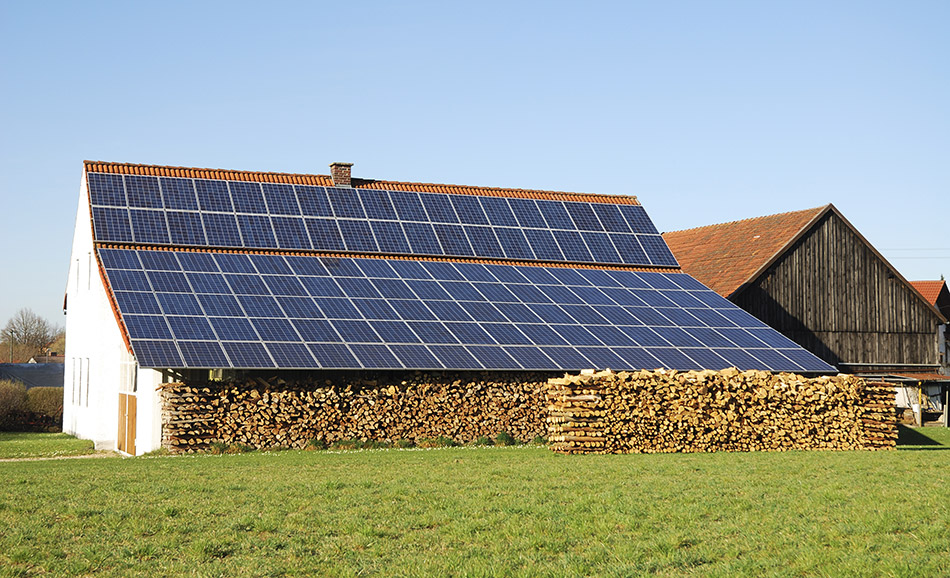
How long will solar panels last?
Most solar panels are guaranteed to produce 80% of their original energy output when they are 25 years old and should keep running well for up to 30 or 40 years. During that time, they shouldn’t need a lot of maintenance.
You can typically clean solar panels just like you wash your windows. If you keep them clean and don’t allow dirt, etc., to settle on them for too long, you shouldn’t have any problems with your solar panels.
You can also install a monitoring system to keep track of the energy performance, which will alert you that electrical maintenance is needed.
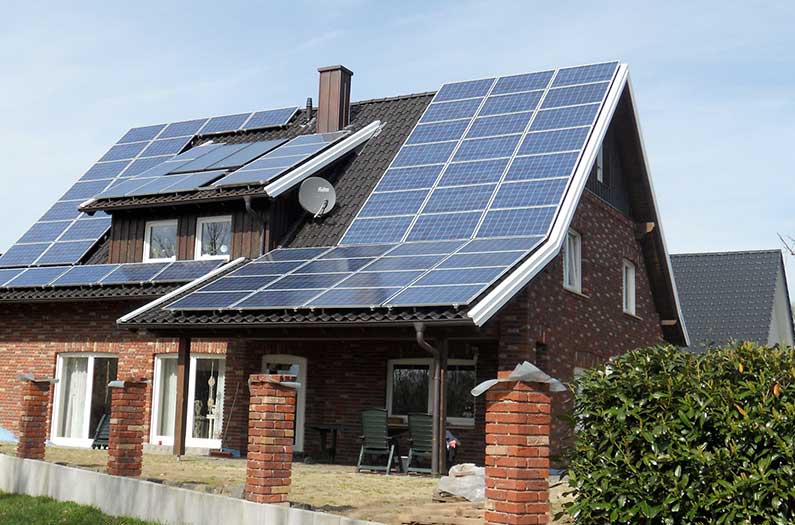
What are some of the pros & cons of solar panels?
People choose to install solar for a variety of reasons. There are many financial, civic, and environmental benefits to renewable energy.
Pros
-
100% renewable energy
-
save money on monthly energy bills
-
enhanced property value
-
solar panels should last 30 to 40 years
-
low maintenance
-
5-10% return on investment
Cons
-
initial investment may be unaffordable
-
roof orientation may be inefficient for solar panels

 Facebook
Facebook
 X
X
 Pinterest
Pinterest
 Copy Link
Copy Link
